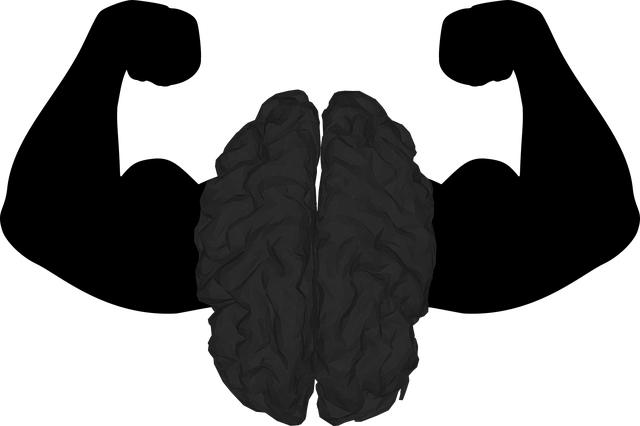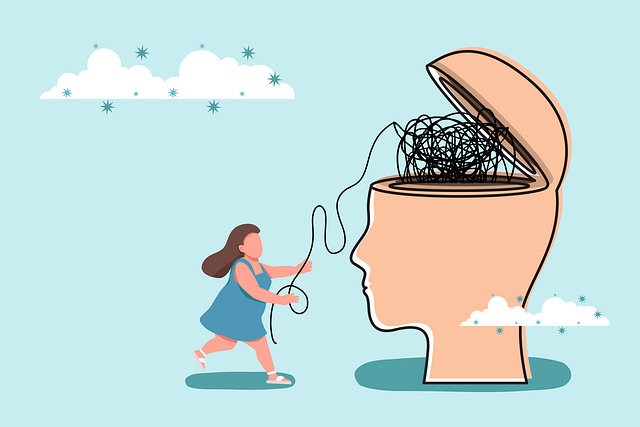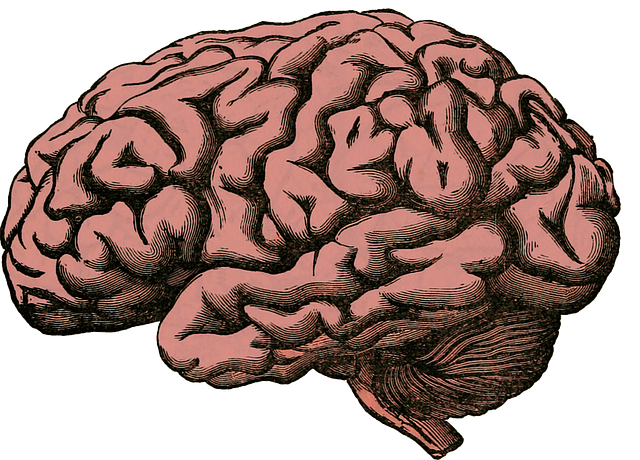"This guide illuminates the path to recovery for trauma survivors facing mental health challenges. It emphasizes that therapy goes beyond symptoms, focusing on inner strength and emotional regulation through evidence-based practices like CBT and EMDR. Post-diagnosis, exploring tailored therapeutic options, incorporating self-care, and participating in education programs empowers individuals to manage symptoms and enhance well-being. Collaboration with healthcare professionals for personalized trauma-informed care is crucial. Overcoming stigma through cultural sensitivity and mental wellness coaching creates safe spaces for healing and improved quality of life for abuse survivors."
Navigating mental illness is a complex journey, especially for those who have experienced trauma or abuse. This article offers a comprehensive guide for survivors, delving into understanding mental health diagnoses, exploring therapeutic options post-diagnosis, and building supportive treatment plans. We also address the pervasive stigma surrounding mental health, providing strategies to overcome it.
Key topics include: therapy for abuse survivors, recognizing the impact of trauma, utilizing resources, and advocating for your rights during recovery.
- Understanding Mental Health Diagnoses: A Guide for Survivors
- The Impact of Trauma and Abuse on Mental Well-being
- Exploring Therapeutic Options Post-Diagnosis
- Building a Supportive Treatment Plan: Survivor's Rights and Resources
- Overcoming Stigma: Navigating Recovery with Empathy
Understanding Mental Health Diagnoses: A Guide for Survivors

Understanding Mental Health Diagnoses: A Guide for Survivors
Navigating a mental illness diagnosis can be overwhelming, especially for abuse survivors who often face unique challenges. Therapy for abuse survivors goes beyond addressing symptoms; it’s about fostering inner strength development and mastering emotional regulation techniques to heal from trauma. Recognizing that depression prevention is crucial, this process involves exploring evidence-based treatments like cognitive behavioral therapy (CBT) or trauma-focused therapies tailored to their specific needs.
By understanding the diagnostic criteria and available treatment options, survivors can empower themselves to choose a path that aligns with their goals. It’s essential to remember that seeking help is a sign of strength, and with dedicated support, individuals can develop coping mechanisms, regain control over their lives, and cultivate resilience as they journey towards recovery.
The Impact of Trauma and Abuse on Mental Well-being

The impact of trauma and abuse on mental well-being is profound and complex. Survivors of traumatic events, whether physical or emotional abuse, often struggle with long-lasting mental health consequences. These experiences can disrupt the brain’s natural balance, leading to various mental illness diagnoses such as depression, anxiety, and post-traumatic stress disorder (PTSD). The journey towards healing requires specialized support and understanding that addresses these deep-seated issues.
Seeking therapy for abuse survivors is a crucial step towards recovery. Trained therapists employ evidence-based practices like cognitive behavioral therapy (CBT) to help individuals process traumatic memories, develop coping strategies, and build resilience. By fostering emotional intelligence and providing a safe space, therapy enables survivors to regain a sense of control, boost their confidence, and effectively manage stress reduction methods. This holistic approach not only alleviates symptoms but empowers individuals to lead fulfilling lives.
Exploring Therapeutic Options Post-Diagnosis

Post-diagnosis, exploring therapeutic options is a pivotal step for individuals navigating mental illness, especially those who have experienced abuse. Therapy for abuse survivors comes in various forms tailored to address specific needs, such as Cognitive Behavioral Therapy (CBT), Eye Movement Desensitization and Reprocessing (EMDR), or Trauma-Focused Care. These approaches help process traumatic memories, challenge negative thought patterns, and build coping strategies.
Incorporating self-care practices alongside professional therapy can significantly enhance the healing process. Mental health education programs design tailored interventions to foster emotional intelligence, resilience, and healthy coping mechanisms. By understanding their mental health condition and learning effective self-care techniques, individuals gain tools to manage symptoms, improve well-being, and reduce the impact of past traumas.
Building a Supportive Treatment Plan: Survivor's Rights and Resources

Building a supportive treatment plan is an essential step for any individual navigating mental illness, especially survivors of abuse. This process involves collaborating closely with healthcare professionals to design a personalized approach that addresses their unique needs. Therapy for abuse survivors often focuses on trauma-informed care, where therapists use specialized techniques to help clients process and overcome the effects of traumatic experiences. By integrating evidence-based therapies like cognitive behavioral therapy (CBT) or eye movement desensitization and reprocessing (EMDR), treatment plans can effectively target symptoms related to abuse, such as anxiety, depression, and PTSD.
Surviving individuals have a range of rights and resources available to support their journey. Public awareness campaigns development has played a crucial role in highlighting the challenges faced by trauma support services and promoting understanding. Many organizations now offer comprehensive resources, including hotlines, online forums, and community-based programs dedicated to providing stress management techniques and emotional coping strategies. Empowering survivors with knowledge about these rights and available services is a vital step towards ensuring they receive the best care possible.
Overcoming Stigma: Navigating Recovery with Empathy

Overcoming stigma is a pivotal step for individuals navigating their mental health journey, especially those who have experienced trauma and abuse. The societal misconceptions surrounding mental illness can often deter survivors from seeking the therapy they desperately need. Many abuse survivors carry internalized shame and fear of judgment, which might make them reluctant to discuss their struggles openly. This reluctance hinders their progress towards healing and recovery.
Mental wellness coaching programs designed with cultural sensitivity in healthcare practice can offer a safe space for these individuals. By fostering an empathetic environment, therapists can help clients challenge negative beliefs and develop emotional regulation skills. Encouraging open dialogue about mental health encourages honesty and vulnerability, which are essential for effective therapy. This supportive approach allows survivors to heal from the trauma they have endured, ultimately improving their mental wellness and quality of life.
Mental illness diagnosis and treatment can be a complex journey, especially for those who have experienced trauma or abuse. By understanding diagnoses, recognizing the impact of past experiences, exploring therapeutic options, and accessing supportive resources, survivors can build a personalized path to healing. Overcoming stigma through empathy and education empowers individuals to navigate their recovery with courage and resilience. Remember that seeking therapy for abuse survivors is a crucial step towards reclaiming one’s life and finding lasting well-being.













